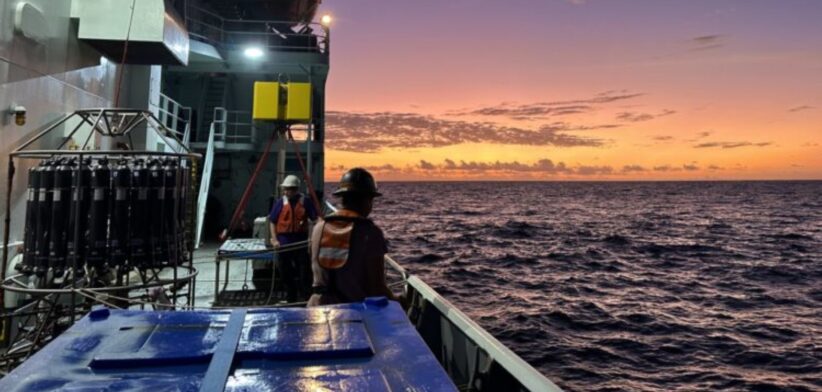Tropical ecosystems are at risk as warming sea temperatures impact ocean microbes, which are the foundation of the marine food chain.
New research from the University of Washington, in the United States, found that a group of vital single celled microbes, Prochlorococcus, which scientists previously thought would thrive in warmer waters have a heat threshold.
Associate Professor Francois Ribalet said Prochlorococcus were cyanobacteria, also known as blue-green algae, and supplied nutrients for animals all the way up the food chain.
Associate Professor Ribalet said over 75 percent of surface waters teemed with Prochlorococcus, where was the most abundant photosynthesizing organism in the ocean, accounting for 5 percent of global photosynthesis.
He said Prochlorococcus thrived in the tropics and researchers predicted that they would adapt well to global warming.
“For a long time, scientists thought Prochlorococcus was going to do great in the future, but in the warmest regions, they aren’t doing that well, which means that there is going to be less carbon — less food — for the rest of the marine food web.”
Associate Professor Ribalet the new study found Prochlorococcus preferred water between 19 and 30 degrees Celsius and didn’t tolerate it much warmer.
He said climate models predicted that subtropical and tropical ocean temperatures would exceed that threshold in the next 75 years.
“Prochlorococcus geographic range is going to expand toward the poles, to the north and south. They are not going to disappear, but their habitat will shift.”
Associate Professor Ribalet said that shift could have dramatic implications for subtropical and tropical ecosystems.
Read the full study: Future ocean warming may cause large reductions in Prochlorococcus biomass and productivity.








